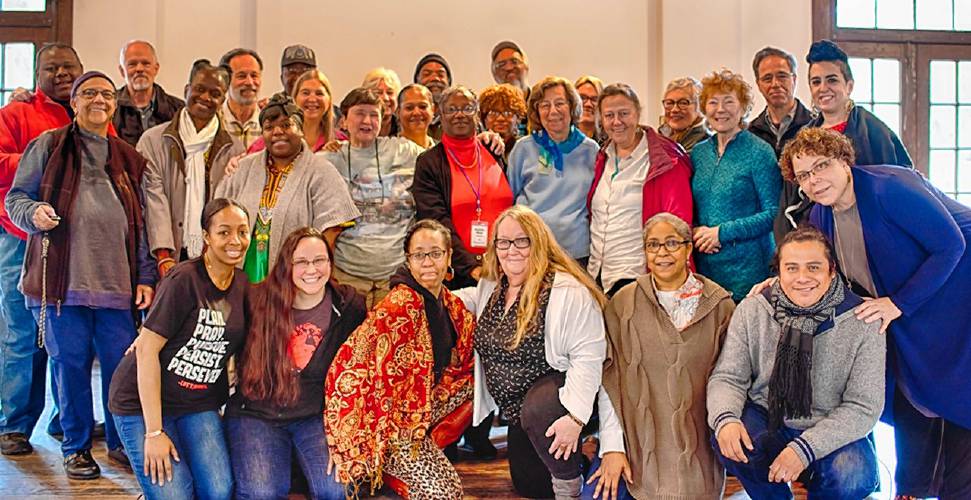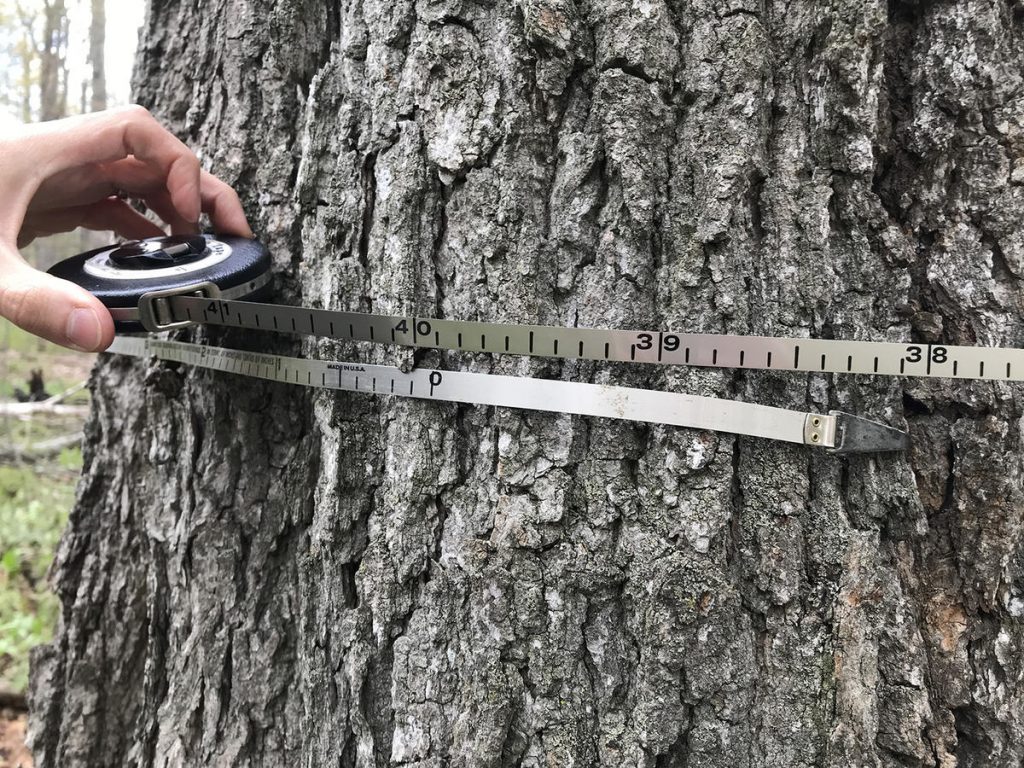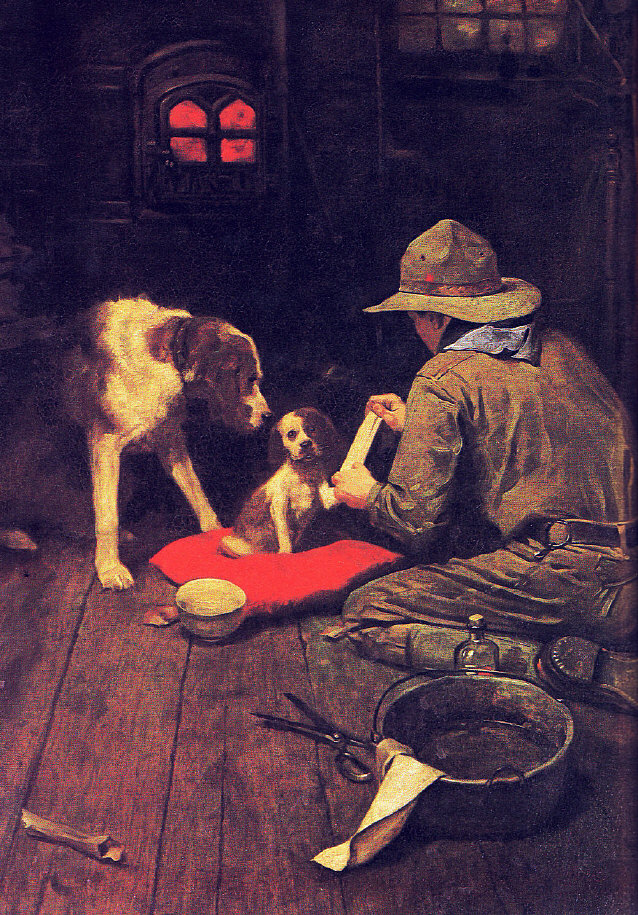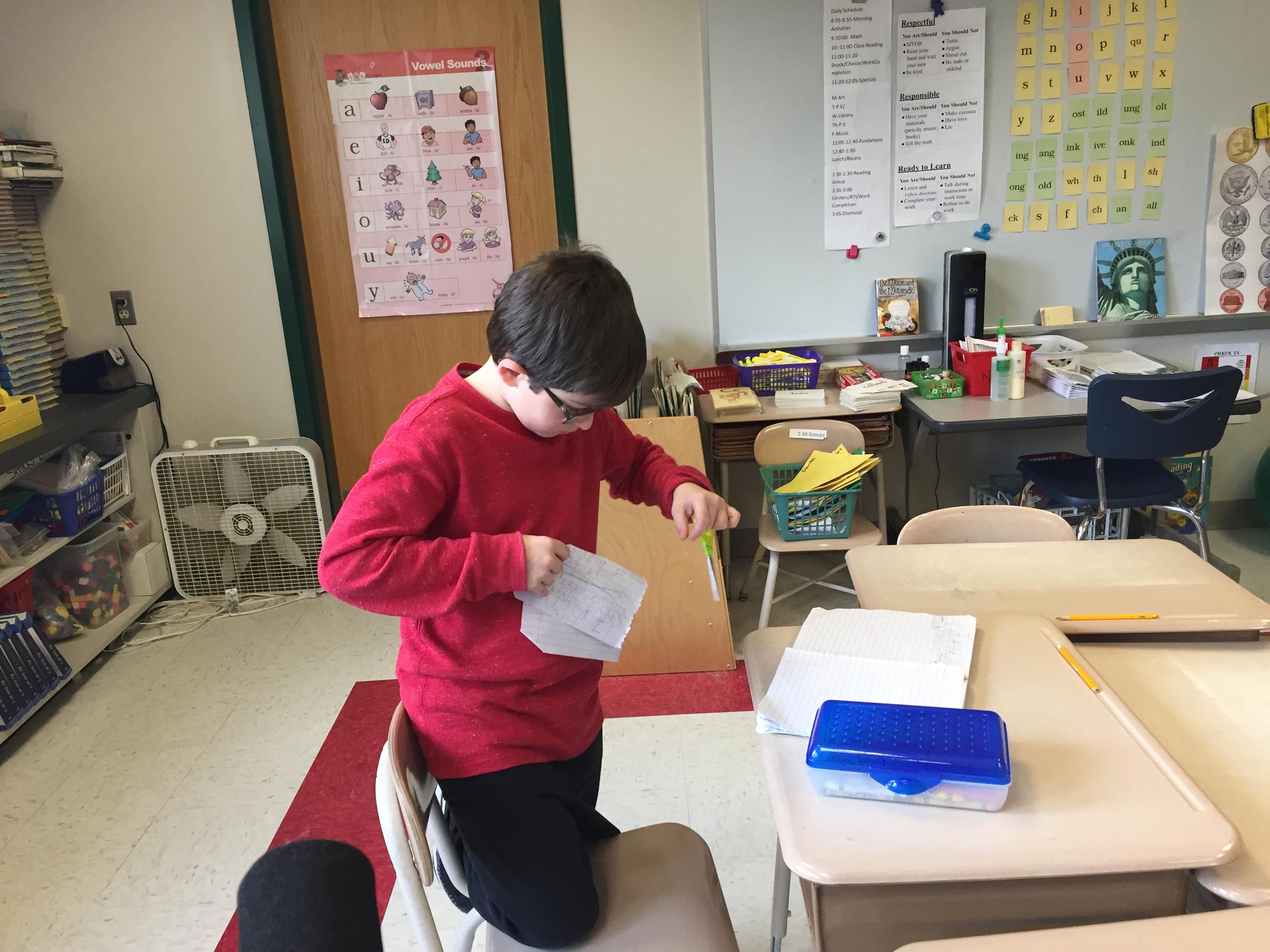Episode 162: Tackling Race Through Dialogue; Hunting for Old Growth Forests
A dialogue project brings together people from Massachusetts, South Carolina and Kentucky to talk about race and racism. In this episode of NEXT, we’ll learn how the conversation is going between these very different parts of our country.
We’ll visit a school that is working to help kids deal with hardship, and we’ll also go looking for the oldest trees.
Plus Norman Rockwell’s doubts…and the man who helped him through them.
Dialogue Project Aims To Unify Across State Lines

The ‘Bridge4Unity’ group at the Penn Center in Beaufort, South Carolina in January. Photo by Pat Crutchfield
In March of 2018, we featured a conversation with women from Massachusetts and Kentucky who were brought together by a project called “Hands Across the Hills.” The project was created after the 2016 election to bring individuals from across the political spectrum together to participate in a structured dialogue.
We recommend going back and listening to that conversation, from “Episode 83: Separated.”
The group has met twice to talk about their differences – and the things they have in common. They’ll be meeting back in Leverett in October.
This year, a similar project started, called “Bridge 4 Unity.” It includes a group from Kentucky, one from South Carolina and one from Massachusetts, who are talking about the tricky subject of race and racism. The group met in South Carolina in January for a three-day series of conversations, public events, and cultural visits. They met again in Massachusetts in June.
Paula Green, from Western Massachusetts, is co-creator and co-director of these dialogue projects. She joined us, along with Gwen Johnson from Kentucky, and from South Carolina, Regina Williams.
Gwen and Paula are white – Regina is black. She told me what happened when the group met in her home state.
This idea – communities coming together to talk about empathy – is a growing national trend. New England Public Radio’s Karen Brown reported late last year on a campaign called “Trauma-informed Berkshires” and she visited an elementary school that is trying to create a kinder environment — and not just for kids under stress.
How a School in Massachusetts Became “Trauma-Informed”
For many people who live outside Massachusetts’ westernmost county, “The Berkshires” evokes images of beautiful rolling hills and world-renowned arts venues. And that’s all true. But a group of locals are recognizing a more worrisome aspect of the region: the trauma many residents live with. They’re joining a national trend of communities that preach empathy, awareness, and patience.
We visit an elementary school in Berkshire county that is trying to create a kinder environment, and not just for kids under stress. New England Public Radio’s Karen Brown has the report.
That piece is part of a week-long series from New England Public Radio’s Karen Brown that looks at the genesis of a campaign called, “Trauma-informed Berkshires.” You can find the other pieces of the series here.
The Hunt for Old Growth Forests

At 40 inches in diameter, this sugar maple in Gifford Woods State Park is a relative behemoth.
CREDIT ANGELA EVANCIE / VPR
When you venture into New England’s deepest woods, they can feel ancient, like they’ve been there forever. But nearly all of our region’s forests have been cut down over the last few centuries to make way for farms, to use as building materials, and to burn as fuel.
Brave Little State, the people-powered podcast by Vermont Public Radio, went looking for answers, when one of their listeners, Andrew Wild, asked: “Are there any patches of old-growth forest in Vermont?”
The health of our region’s forests is the topic of a recent article in the journal “Frontiers in Forests and Global Change.” It examines an idea that’s the opposite of deforestation, it’s pro-forestation, allowing forests to grow to maturity, creating a “natural forest ecosystem.”
We spoke with Susan Masino, co-author of the paper, and a professor at Trinity College in Hartford, Connecticut.
The Relationship of Norman Rockwell and Erik Erikson

A Red Cross Man in the Making by Norman Rockwell
In 1953 American illustrator Norman Rockwell moved from Arlington, Vermont, to the small town of Stockbridge, Massachusetts, on the Western edge of the Berkshires. While there, Rockwell developed a relationship with a prominent psychotherapist who came to influence the artist’s work.
Their relationship is the subject of a new exhibit at the Norman Rockwell Museum: Inspired: Norman Rockwell and Erik Erikson.
About NEXT
NEXT is produced at Connecticut Public Radio
Host: John Dankosky
Digital Producer: Carlos Mejia
Executive Producer: Catie Talarski
Music: Todd Merrell, “New England” by Goodnight Blue Moon, “I’m Not Coming Home”

